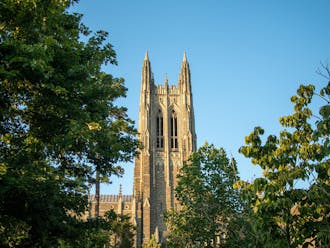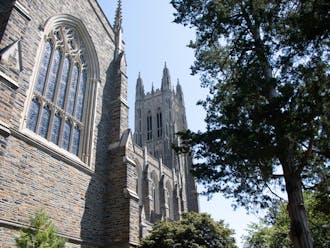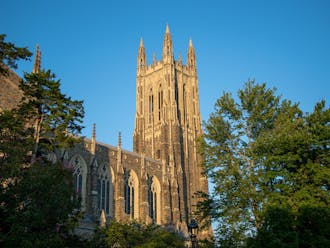‘They’re always supported’: How Duke’s Experiential Orientation program welcomes incoming students to campus
By Shruthi Narayanan | August 15, 2024The 2024 ExO program offers 22 projects that aim to build a sense of community among the Class of 2028's 1,761 incoming students when they step onto campus this weekend.




















